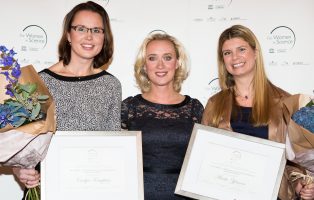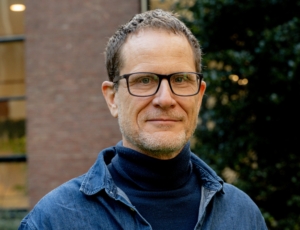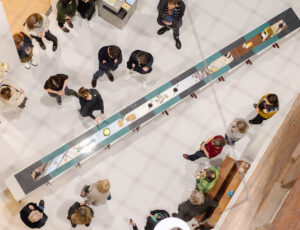Helmer Helmers: Inventing Public Diplomacy in Early Modern Europe
How do communication revolutions shape international relations? This project adopts a historical approach to find new answers to this acute and topical question. Investigating diplomatic uses of the new medium of print between 1568 and 1713, it shows how new media in the past transformed European politics.
Dr. Helmer Helmers is Assistant Professor of Early Modern Dutch Literature and Culture at the University of Amsterdam. During his NIAS Fellowship in 2018/19, he worked on the Dutch Republic and the rise of public diplomacy in Early Modern Europe.
Carlijn Kamphuis: Unravelling Health Inequalities Using Systems Thinking
Socioeconomic inequalities in health are striking. How these originate from an interplay between environmental circumstance and individual factors is unravelled using a systems approach. Crucial information to build the system model is acquired by interviews, data analyses, and experiments. The model calculates the potential impact of policies on health inequalities.
Dr. Carlijn Kamphuis is Associate Professor at Utrecht University. She held the L’Oréal-UNESCO For Women in Science Fellowship in 2017/18. During her fellowship, she worked on her vidi proposal.
About the Grant
Vidi is aimed at experienced researchers who have carried out successful research for a number of years after obtaining their PhDs. It is awarded by the Dutch Research Council (formerly known as: Netherlands Organisation for Scientific Research/NWO). This year, 85 experienced researchers received a Vidi grant. NWO selects researchers based on the quality of the researcher, the innovative character of the research, the expected scientific impact of the research proposal and the possibilities for knowledge use.


